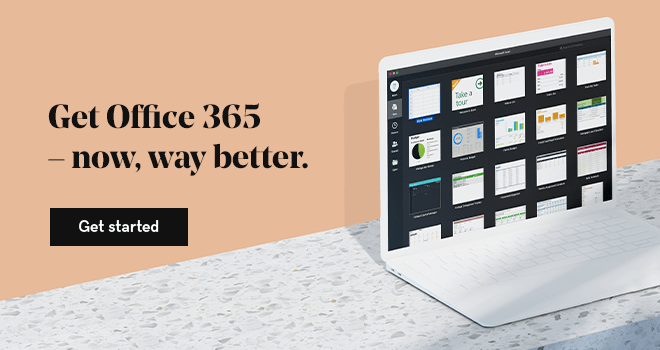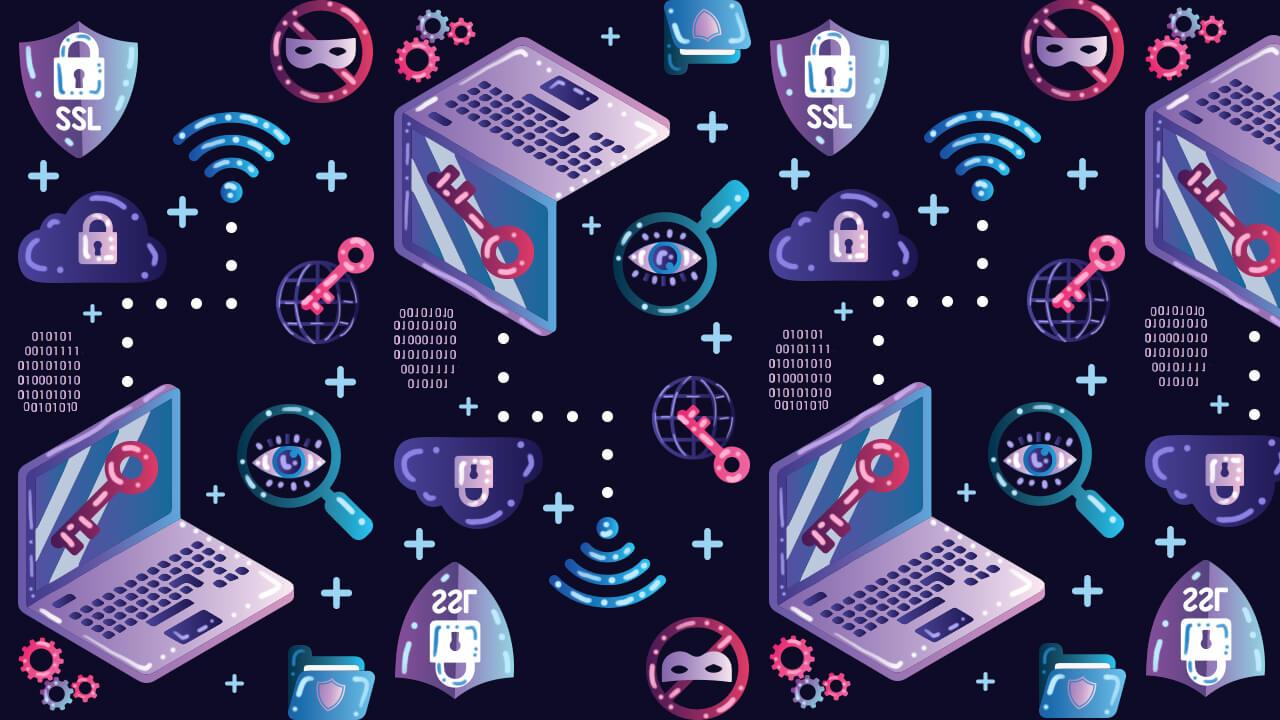
Email is the primary form of communication for most people nowadays. Whether you're reaching out regarding an employment opportunity, corresponding with a company's customer service department, or just communicating with friends and family, email is the most common method of contact.
That being said, it's important to craft audience-specific email messages.
In a personal email, you can be as casual as you want based on your relationship with the person you're emailing. However, for business correspondence, regardless of your level of familiarity with the recipient of the email, your message should remain professional and straightforward.
Let's learn how to write a professional email; there are 10 guidelines to consider:
1. Use a meaningful subject line.
Your email recipient should have an idea of what your message is about just from reading the subject line. Something along the lines of, "Request for traffic metrics," is more meaningful than "Traffic," and alerts the recipient that they need to pay attention to your email.
2. Write in a positive tone.
Avoid negative words, finger-pointing, or blaming statements as much as possible. Even if your correspondence is a complaint, keep it positive. Stick to the facts and avoid making personal statements about the parties involved. Remember, it's not a personal attack, it is an informative communication intended to point out an issue.
3. Get to the point, quickly.
Include the main point of your message in your opening sentence so that recipients know whether they need to continue reading or can come back to your message later. In today's world, everyone is busy, and no one wants to spend 20 minutes sifting through the fluff of your email to figure out your point.
4. Be succinct.
Work email is not a novel. You should be able to contain whatever it is you need to say within two to four short paragraphs. If your email topic requires more space than that, it's probably better to discuss it in person or over the phone.
5. Use appropriate font and text size.
Most importantly, don't use ALL CAPS. There is no need to shout at your recipients. Typing in ALL CAPS is universally considered to be shouting and is rude. And don't use emoticons in professional email correspondence.
6. Proofread.
Nothing looks more unprofessional than a typo-ridden email. Also, it sends a message to the recipient that they're not worth the time it takes to check your spelling. Always give your email a once-over (or twice-over) before sending. When you're composing an important or sensitive email, you can also ask someone you trust to take a look and make sure nothing is off. Along these same lines, if you said you were including an attachment, make sure you do.
7. Include a signature.
At the end of your email, include your contact information (in most cases, your name, title, business address, and phone number.) If required by your company, also include a legal disclaimer. Don't clutter your signature with a clever quotation or cutesy artwork.
8. Check the recipient list.
Always double-check the names in the "To" field to ensure your email doesn't end up in the wrong hands. If there are parties with similar email addresses, make sure you're sending to the correct one. You don't want to accidentally send a confidential email intended for the head of security, jmsmith@, to a sales representative, jssmith@.
9. Know when to CC and BCC.
The CC and BCC fields should be used sparingly. These fields are not intended as extra "To" lines so that you can send your email to a slew of people. And remember, CCing your boss (or more importantly, someone else's boss) on an email sends a clear message, while BCCing can be a good way to loop other people in on a topic without upsetting the main recipient. But use BCC with caution. You don't what to come across as going behind people's backs.
10. Respond in a timely manner.
Respond to email in approximately the same amount of time that you would a phone message. If the nature of the email requires you to spend some time researching or finding an answer, send a quick response to let the other party know that you have received their request will get back to them shortly.
If it's in an email, it's true
Keep in mind when corresponding through email for business purposes that emails are considered legal documents. Not only is the content of your email a reflection of your professionalism, but it can also be used in court. For example, if you're negotiating a contract and you intend to turn down an offer or proposal and, instead of typing "I will not be accepting," you write, "I will be accepting" (forgetting the not) — you could be held to the agreement.
Be your best
If you always put our best foot forward when writing professional emails, you'll do just fine. One off-kilter email probably won't end your career, but it certainly won't help you make a good impression with your boss, coworkers, or potential business clients either.







